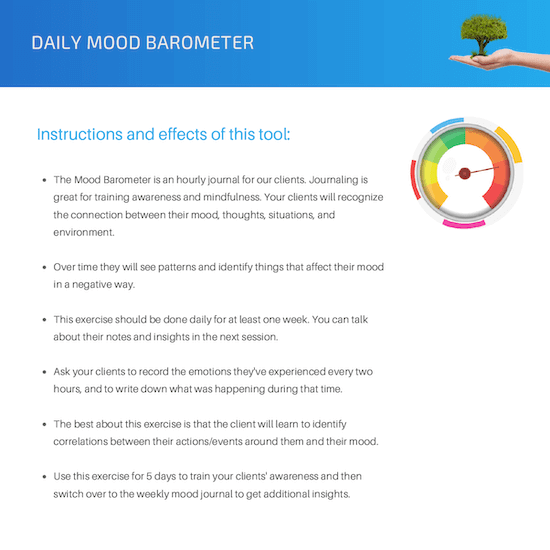Depression is a common mental health issue that affects millions of people worldwide. It can be a debilitating condition that impacts all aspects of a person’s life, including their work, relationships, and overall well-being. Fortunately, there are numerous tools and resources available to help individuals manage their depression and improve their mental health.
Counseling and Therapy
One of the most effective ways to manage depression is through counseling and therapy. Talking to a trained mental health professional can provide valuable support and guidance for dealing with the symptoms of depression. Therapists can offer coping strategies, tools for managing stress, and techniques for changing negative thought patterns. Cognitive-behavioral therapy (CBT) is one of the most common forms of therapy used to treat depression, as it focuses on changing behaviors and thought patterns that contribute to depressive symptoms.
Medication
In some cases, medication may be prescribed to help manage the symptoms of depression. Antidepressants are commonly used to regulate brain chemistry and improve mood. It is important to work closely with a doctor to find the right medication and dosage that works best for each individual. It is also essential to follow the prescribed treatment plan and attend regular follow-up appointments to monitor progress and make adjustments as needed.
Self-Care Practices
Self-care practices are vital for managing depression and improving overall well-being. Engaging in activities that promote relaxation, mindfulness, and self-compassion can help reduce stress and improve mental health. Regular exercise, healthy eating, and adequate sleep are also essential for managing depression. Additionally, practicing mindfulness techniques such as meditation, deep breathing, and yoga can help calm the mind and reduce symptoms of depression.
Social Support
Building a strong support system is crucial for managing depression. Connecting with friends, family, or support groups can provide encouragement, understanding, and validation. It is important to communicate openly with loved ones about feelings and symptoms of depression, as well as seek help when needed. Social support can help alleviate feelings of isolation and loneliness and provide a sense of belonging and connection.
Online Resources and Apps
There are numerous online resources and apps available to help individuals manage their depression. Websites like the National Alliance on Mental Illness (NAMI) and the Depression and Bipolar Support Alliance (DBSA) offer information, support, and resources for individuals living with depression. Additionally, there are numerous mental health apps that provide tools for tracking mood, setting goals, practicing mindfulness, and connecting with support networks.
Conclusion
Managing depression can be a challenging and sometimes overwhelming task. However, with the right tools and resources, individuals can take control of their mental health and improve their well-being. Counseling, therapy, medication, self-care practices, social support, and online resources are all valuable tools for managing depression and building resilience. By utilizing these resources and seeking help when needed, individuals can work towards a healthier and happier life. Remember, you are not alone in your journey towards managing depression, and there is hope for recovery and healing.
